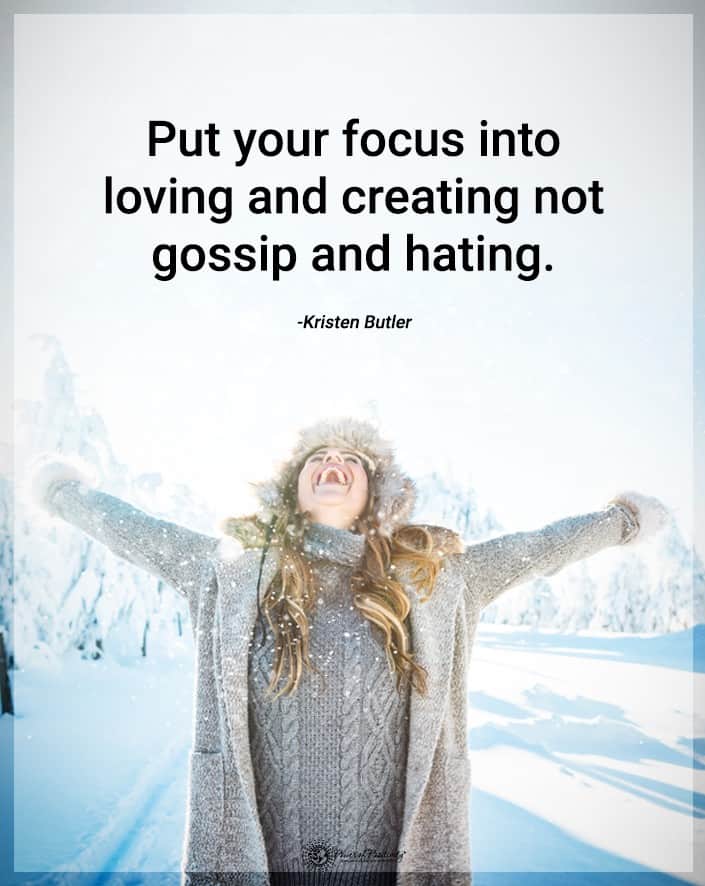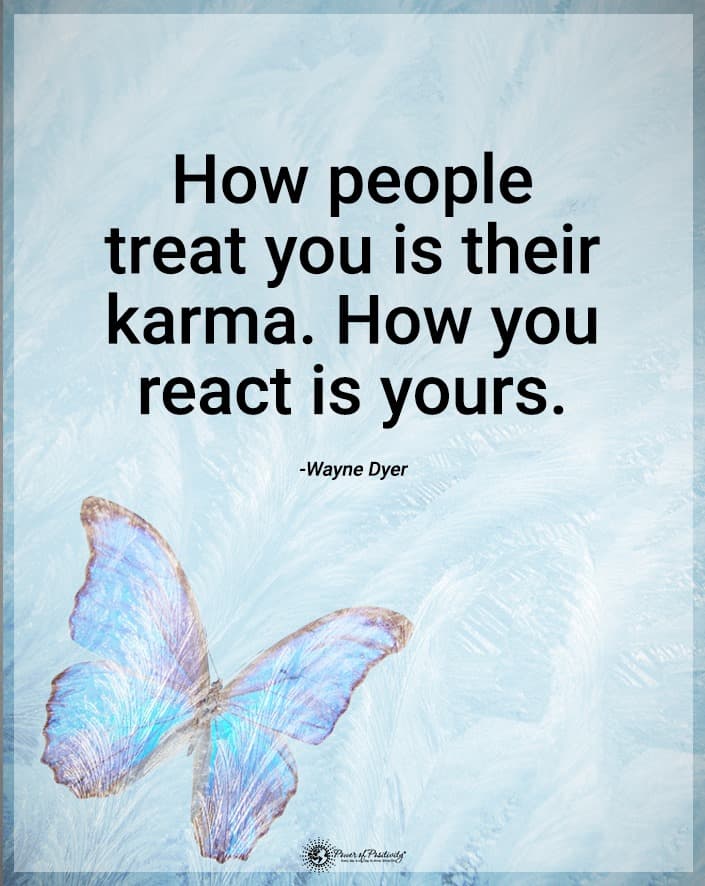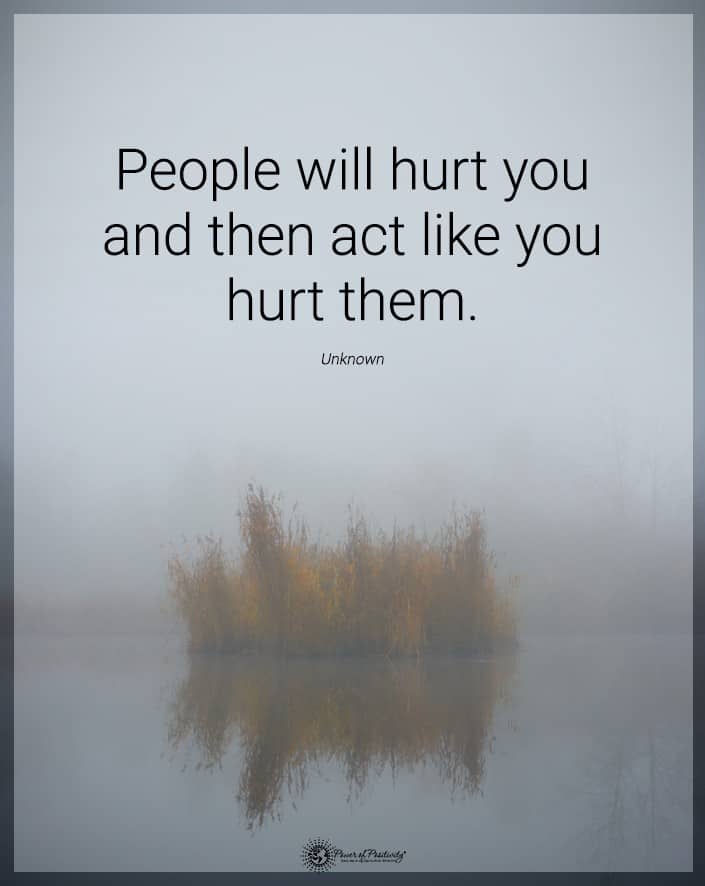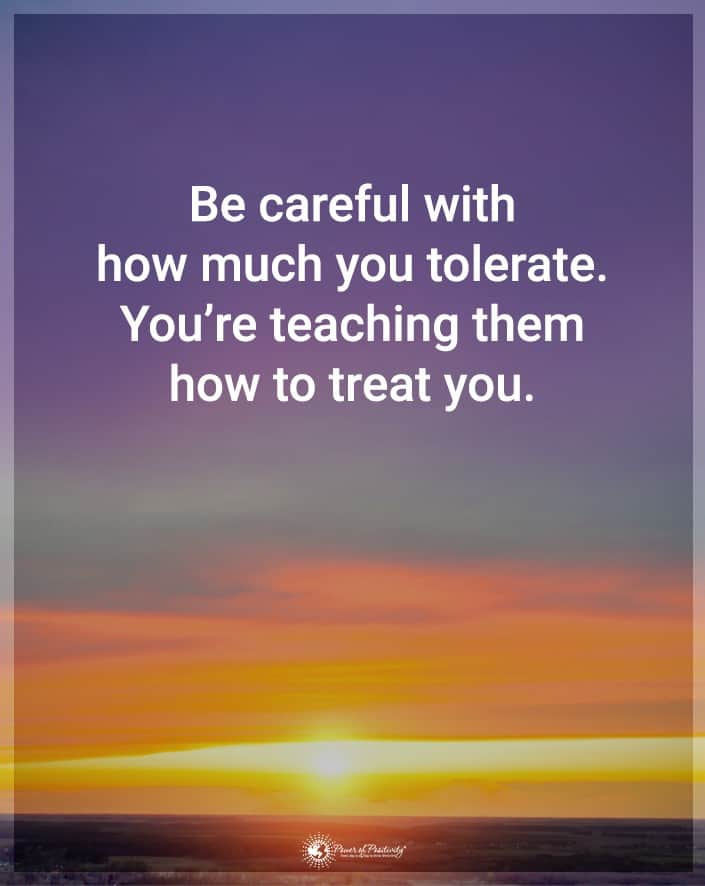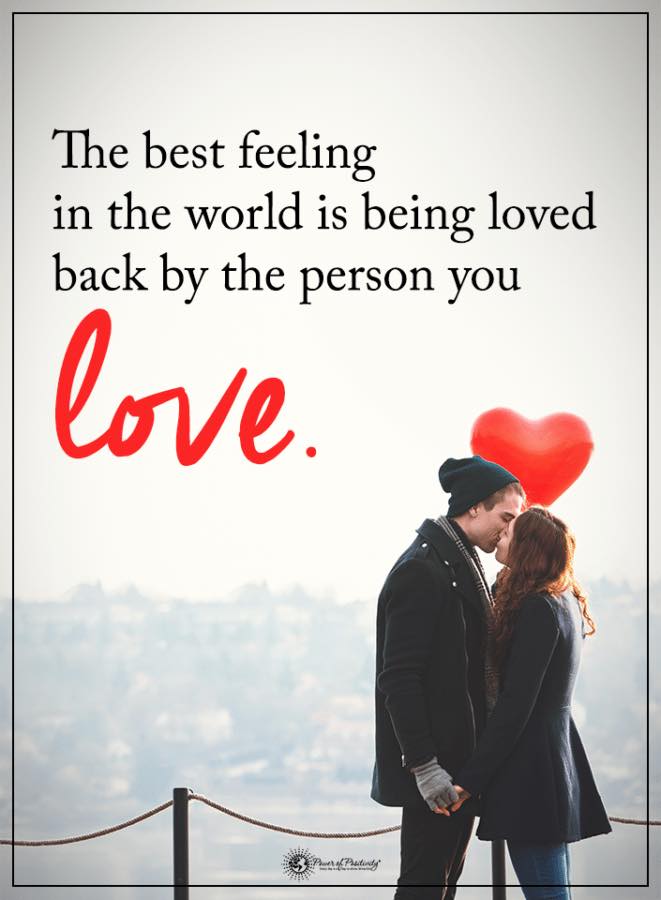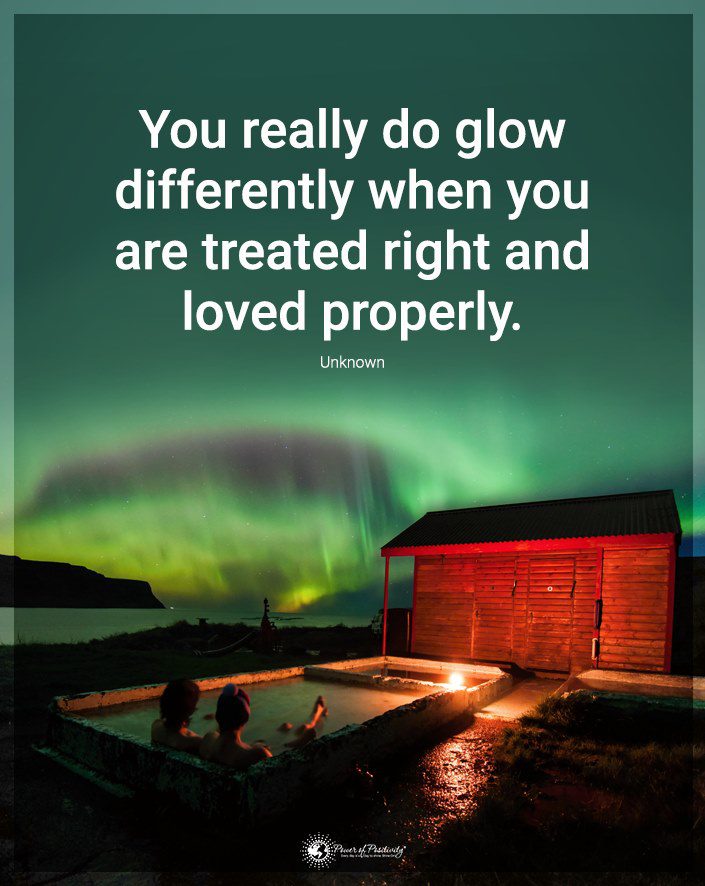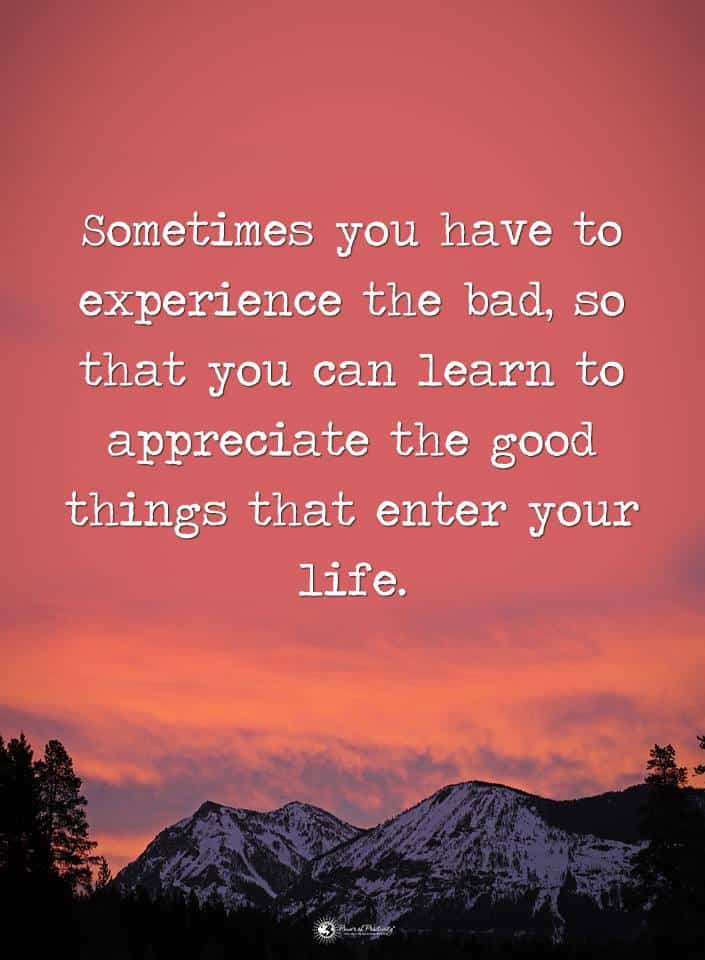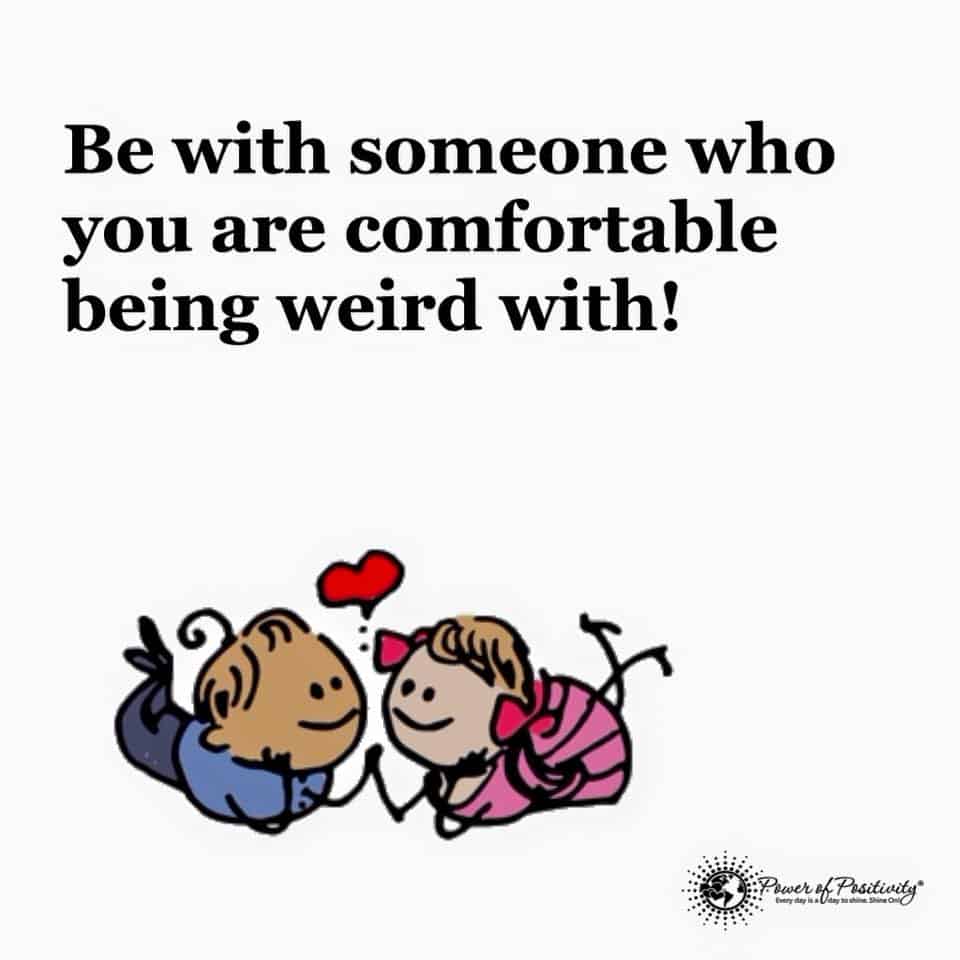Do you know where to find your consciousness switch?
‘con-scious-ness (n):
- The state of being aware and awareness of one’s surroundings.
“She failed to regain consciousness and died two days later.”
- The awareness or perception of something by a person.
“Her acute consciousness of Mike’s presence.”
- The fact of awareness by the mind of itself and the world.
“consciousness emerges from the operations of the brain.”‘
~ The Oxford Dictionaries
The Unsolved Mystery of Brain Science
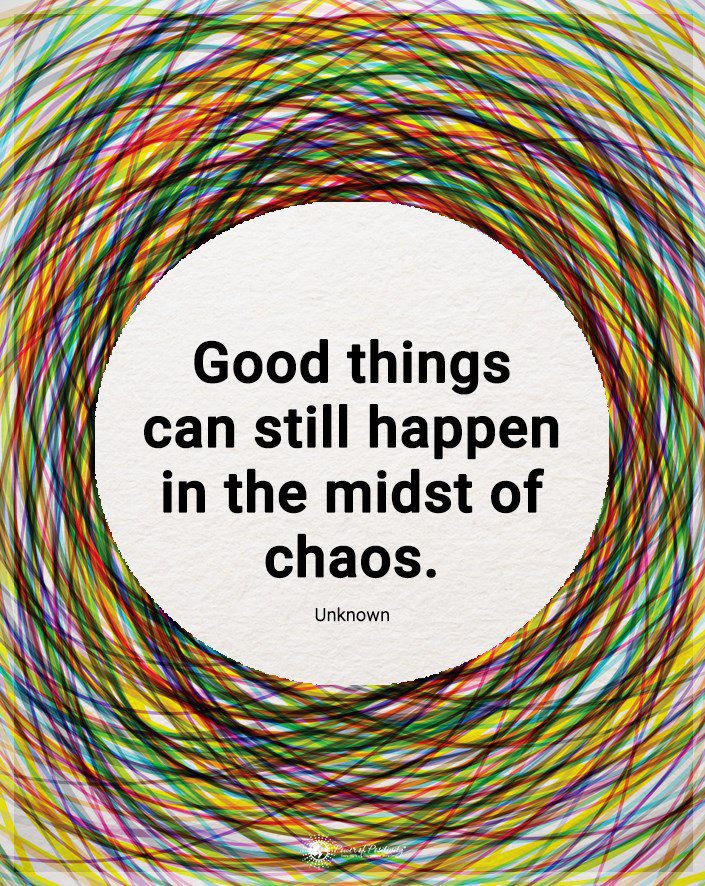 For all that scientists have uncovered about the human brain, they’re still at a loss about the underlying mechanisms of consciousness. While we generally accept that consciousness is the byproduct of an intricate connectedness of some kind between different parts of the brain, scientists haven’t been able to “put their finger on” it.
For all that scientists have uncovered about the human brain, they’re still at a loss about the underlying mechanisms of consciousness. While we generally accept that consciousness is the byproduct of an intricate connectedness of some kind between different parts of the brain, scientists haven’t been able to “put their finger on” it.
Guess that’s all part of trying to understand one of the most complex structures in the universe. Like all breakthrough brain discoveries, a comprehensive explanation of consciousness/unconsciousness may take a while.
However, a team of researchers from George Washington University in Washington D.C. may have just taken the all-important first step.
The Consciousness ‘Switch’
When your brain transitions from conscious to unconscious, a kind of ‘switch,’ or sudden action, occurs within its circuitry.
“Lights out” is often used by commentators when a boxer or MMA fighter is knocked unconscious. Whether this somewhat simple phrase has any roots in fundamental neuroscience is unknown, it’s a relatively accurate description.
Indeed, there is a ‘switch to that ‘light.’
Researchers Explain How to Turn On Your ‘Consciousness Switch’
The Claustrum
The team of Francis Crick and Christoff Koch, both of whom helped decrypt the structure of DNA, hypothesized that a brain region called the claustrum might be at the heart of consciousness.
The average neuroscientist likely sneered upon first hearing that the claustrum, a relatively obscure brain region, was responsible for consciousness.
Here’s how Joel Frohlich, in the Psychology Today piece entitled “What the Heck Is a Claustrum?” explains this reaction:
“The hypothesis that one brain region might occupy a privileged position as the central gatekeeper of consciousness is sure to spark debate in a (Neuroscience) community that is often skeptical of almost any theory of consciousness in the first place.”
Frohlich continues: “…oddly enough, no one can say what the claustrum does or how it’s important.”
What is the Claustrum?
The claustrum is a super-thin sheet of neurons deep inside the human (and mammalian) brain, underneath the insular lobe. This tiny blanket of neurons can only be accessed if all other parts of the brain’s cortex (outer layers) are pulled aside.
We, humans, have two claustra, one within each hemisphere of the brain. Unlike the frontal cortex, amygdala, hippocampus, and cerebral cortex, you’ve likely never heard of the claustrum.
That makes two of us.
To give you an idea of just how little is known of the claustrum, consider that no brain surgeon could tell you what happens if this tiny neuronal layer is damaged or removed. They can’t say because they never knowingly interact with it.
The Study of the Consciousness Switch
An unidentified woman, sadly diagnosed with a rare epileptic seizure condition, sought relief – of any kind – from her situation.
While scientists were stimulating different brain areas to find the epicenter of her condition, they suddenly triggered an unconscious state. They determined that electrical stimulation of the left claustrum and anterior-dorsal insula caused the woman to become unresponsive.
To ensure this wasn’t a one-off, researchers repeated stimulation of the same area. The woman once again lost consciousness.
The next step was the make sure they were not merely interrupting motor control and speech. To make sure, they asked the woman to repeat a particular word before stimulation. After registering the necessary feedback, the team effectively ruled out the possibility of control and speech interference.
How does this happen?
The lead author of the study, Mohamad Koubeissi, explains how activation of this relatively unknown piece of neural circuitry triggered the unconscious state:
“I liken (the brain) to a car. It has many part parts that facilitate its movement – the gas, the transmission, the engine – but there’s only one spot where you turn the key, and it all switches on … we may have found the key.”
Final Thoughts on Research on the Consciousness Switch: What’s next?
Similar to all scientific findings, independent researchers must still replicate and observe the results. Further, the woman in the study was not a typical patient in that she exhibited highly irregular brain activity.
The woman also lacked a part of her hippocampus, “the center of emotion, memory, and the autonomic nervous system (ANS).” Although this outlier probably didn’t change the study’s results, every potential explanation must be considered as we move forward.
Koch downplayed the findings a bit: “This study is incredibly intriguing, but it is one brick in a large edifice of consciousness that we’re trying to build.”
The results, however, are optimistic. Should further research prove the study valid, it may just revolutionize many areas within neuroscience. Specifically, doctors will be key to treating severe and life-altering conditions, including rare forms of epilepsy.

